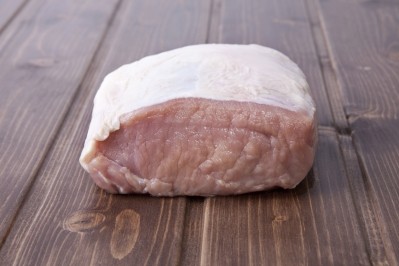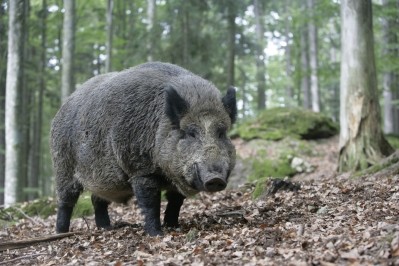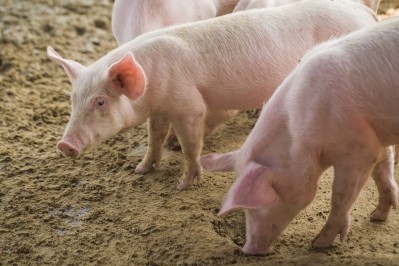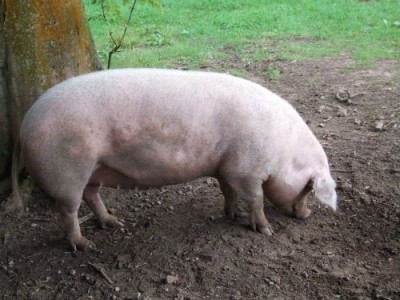US restricts pigmeat from Poland and Baltic States
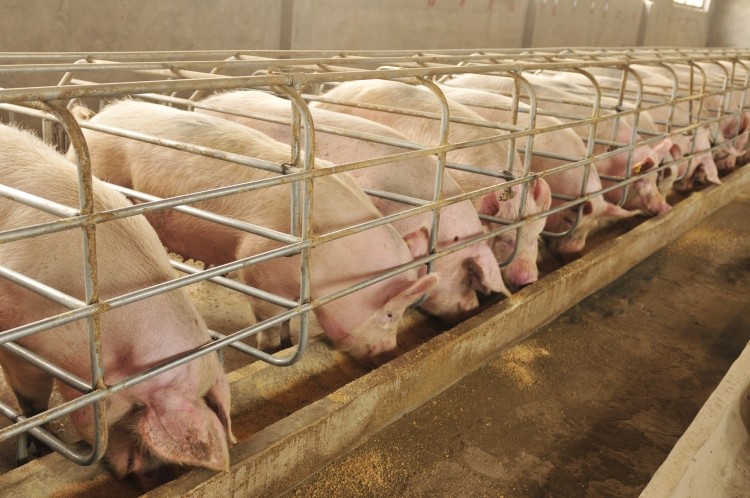
Until now, the US Animal and Plant Health Inspection Service (APHIS) only imposed ASF-related controls on EU exports from Sardinia and Malta.
APHIS had previously undertaken its own assessments on such risks in the EU, but the US agency announced it would now follow the EU’s swine fever control decisions.
The EU has imposed controls of movements of meat and livestock in Estonia, Latvia, Lithuania, and Poland, so “APHIS is modifying its list of ASF-affected regions” to include these areas, it said in a regulatory filing to the US Federal Register.
Malta
The decision could, however, mean that the US removes controls on exports from Malta, which is not currently listed by the EU as a swine fever-affected region.
The APHIS filing said: “We are currently evaluating the ASF status of Malta at the request of the EU.” US animal health regulations “prohibit or restrict the importation of live ruminants and swine, and products from these animals, from regions where these diseases are considered to exist,” said the filing.
In the past, APHIS has “evaluated the animal health infrastructure, veterinary oversight and legislation, and disease control programmes of the EU and individual EU Member States for multiple livestock and poultry species and diseases,” to decide where import bans should be made.
Its filing added: “Previous APHIS evaluations assessed EU-wide animal health measures and the ability of a [EU] member state to effectively transpose EU animal health regulations into its own veterinary infrastructure and livestock and/or poultry disease control programmes.”
But now it has concluded that “the animal health infrastructure, veterinary oversight and legislation, and corresponding disease control programmes are adequate at the EU level,” and so it will follow the EU’s lead in imposing ASF-based controls.
'Difficulties'
Despite the extension of the US ban to his country, the EU’s health and food safety commissioner Vytenis Andriukaitis, a Lithuanian, welcomed the decision, given it meant that when the EU decided a country was ASF-free, so would the US: “This significant move reflects the confidence of the US, one of our major trading partners, in our robust system to control animal diseases. It comes at a time when pig farmers across the EU face particular difficulties. It is of crucial importance that unjustified restrictions on imports of European pork are lifted.”
A European Commission note said the decision was an important adoption by the US of the regionalisation of health controls, where meat and livestock movement and export bans are only imposed in areas of a jurisdiction affected by a disease.
The note said these followed World Animal Health Organisation (OIE) and World Trade Organization (WTO) principles and helped to “control diseases and/or maintain safe trade by restricting trade from areas affected by disease, whilst avoiding trade disruptions in goods from unaffected areas”. It stressed that when ASF is detected in part of an EU member state, “the EU imposes restrictions on trade in the relevant animals/products from that area”.
